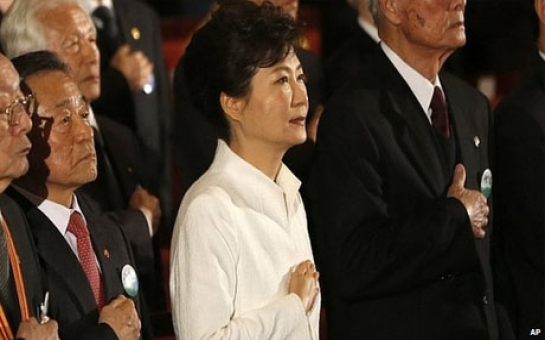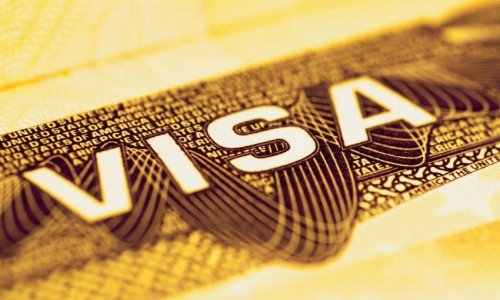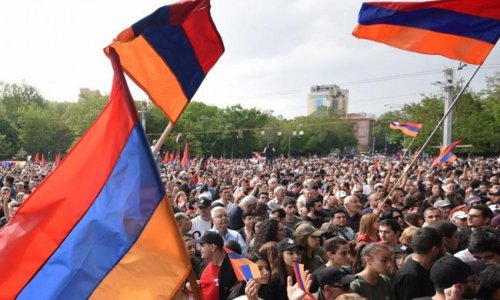Follow us !
S Korea warns Japan over sex slaves
World
12:20 | 01.03.2014

S Korea warns Japan over sex slaves
South Korean President Park Geun-hye has warned Japan it will only bring isolation on itself if it reviews a statement acknowledging its wartime use of sex slaves, BBC reported.She called on Japan to embrace "truth and reconciliation".Japan apologised in 1993 to survivors of the many thousands of women who were forced into army brothels.On Friday Tokyo said it would set up a panel to review the evidence on which that apology was based.Some conservatives in Japan have claimed that the women, known euphemistically as "comfort women", were prostitutes - something fiercely denied by the women and by Japan's neighbours.President Park's warning came in a speech marking the anniversary of a 1919 uprising in Korea against Japanese colonial rule."Historical truth is in testimony from the survivors," she said."Japan would only bring isolation on itself if it turns a deaf ear to their testimony and sweeps it under the rug for political benefits."President Park urged Japan to follow the example of Germany in repenting its past wrongs so that their two countries could "move forward for a new era of co-operation, peace and prosperity"."I hope Japan extricates itself from denial of history and starts making a new history of truth and reconciliation", she said.A nursing home and museum for 10 former sex slaves, in Toechon, South Korea. 3 Feb 2014 A museum to some of the comfort women was set up in a nursing home in Toechon, South KoreaSome 200,000 women in territories occupied by Japan during World War Two are estimated to have been forced to become sex slaves for troops.Many of the women came from China and Korea, but also from the Philippines, Indonesia and Taiwan.The 1993 acknowledgement from Japan was viewed as a landmark apology.Issued by then Chief Cabinet Secretary Yohei Kono, the statement acknowledged that women had been coerced, and that the Japanese military had been involved in the establishment and management of the process.His statement was based in part on evidence given by 16 Korean women.However, Japanese government spokesman Yoshihide Suga said on Friday that a team would be formed to review the lead-up to the 1993 statement.He said the team would "re-examine and understand the background".He did not say whether Japan would issue a new statement following the review.Former Japanese Prime Minister Tomiichi Murayama has urged against any revision of the apology.Mr Murayama, who was prime minister from June 1994 to January 1996, said that the Kono statement was based on evidence.ANN.Az










